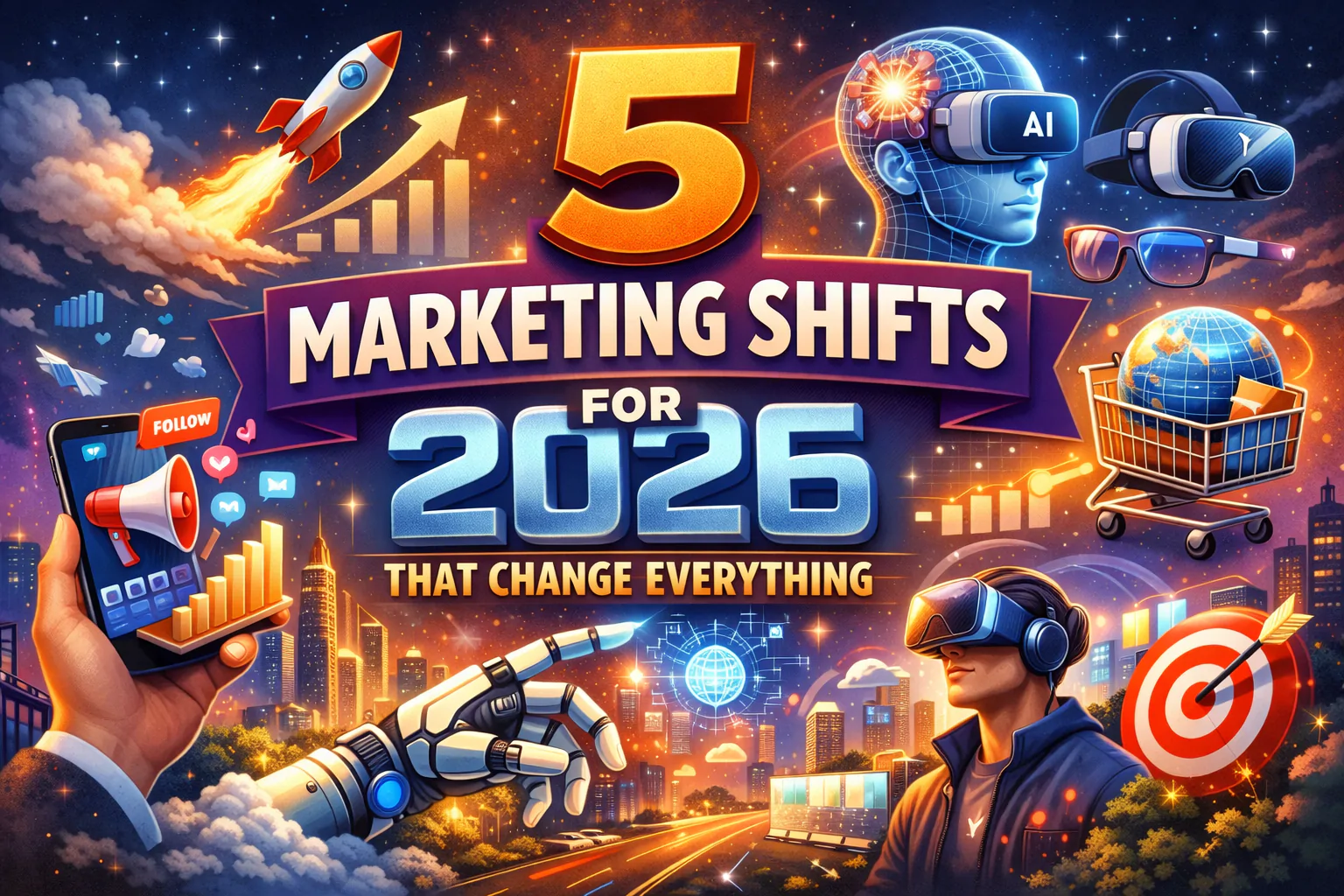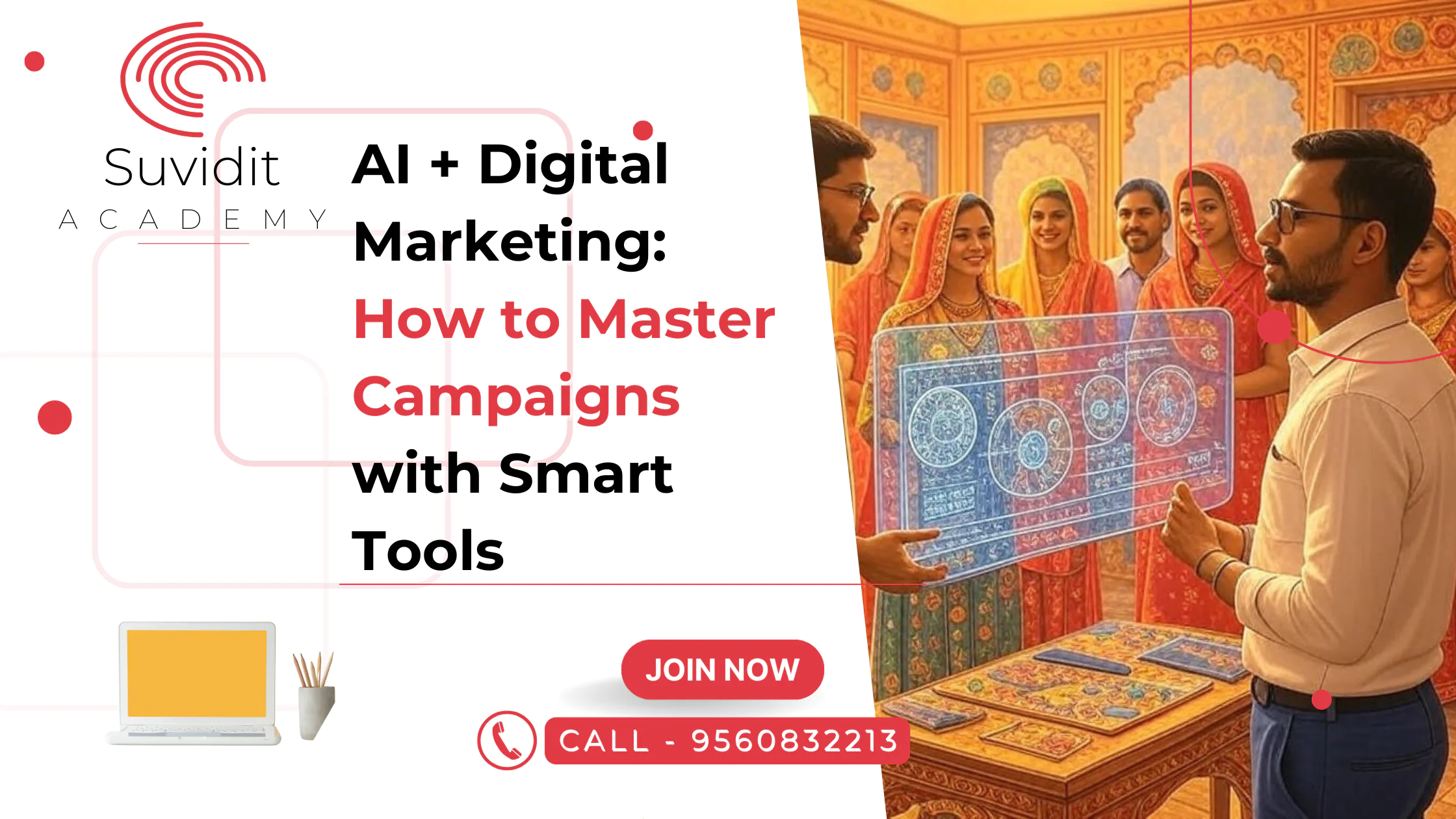Google’s automated ranking systems are built to prioritise delivering relevant, high-quality content that is created with users in mind rather than with an eye toward increasing a site’s PageRank.
Evaluate your Content
If you create content and use these criteria to evaluate it, you can learn whether or not your work is useful and trustworthy to your audience. Asking yourself these questions is a good start, but you should also consider getting an objective opinion from people you trust who are not connected to your site.
Think about conducting an investigation into any declines in performance. Which searches and which pages were most affected? Pay close attention to these so that you can see how they are evaluated in light of the criteria presented here.
Issues of Content and quality
- Does it feature first-hand accounts, investigations, or analyses?
- Is there enough information to get a good grasp on the subject matter presented here?
- Does it offer analysis or information that goes beyond what one would expect?
- Does the content avoid merely copying or rewriting other sources, or does it add substantial new value and originality?
- Is there a clear, helpful synopsis of the material in the heading or page title?
- Does the heading or title of the page refrain from using overstatement or shock value?
- Would you save this page, send it to a friend, or recommend it to others?
- Have you ever looked for this information in a book, magazine, or encyclopaedia that was published in print?
- Is the content significantly better than the average of the search results?
Expertise questions
- Does the content present information in a way that makes you want to trust it? For example, does it include clear sourcing, evidence of the expertise involved, and background about the author or the site that publishes it (in the form of links to an author page or an About page)?
- In other words, does the site seem credible and authoritative after doing some research?
- Can I tell that this piece was written by someone who has deep knowledge of the subject?
- Can any obvious factual mistakes be found in the text?
Presentation and production questions
- Are there any grammar or spelling mistakes?
- Is the content well-made, or does it have a shoddy or rushed feel to it?
- Is the content mass-produced by a large team of people, distributed across a wide variety of sites, or otherwise created in a way that makes it less likely that any one page or site will receive substantial maintenance or upkeep?
- Is there a lot of advertising that makes it hard to concentrate on what you came here for?
- Will it look good on a mobile device?
Create content with the reader in mind first and foremost.
When we talk about content that puts humans first rather than search engines, we’re referring to work that is made with readers in mind first and foremost. How can you tell if the content you’re making puts readers first? If you can confidently answer “yes” to the following questions, putting people first may be working for you.
- Is there a preexisting or planned customer base for your company/website that would benefit from direct exposure to this content?
- Do you make it very clear that you have firsthand knowledge and experience (for example, having used the product or service you’re writing about or visiting the location you’re writing about)?
- Does your website serve one overarching goal?
- Will someone who reads your work feel like they’ve gained enough knowledge to move forward with their project?
- Will someone who reads what you’ve written feel like they’ve accomplished something?
Please don’t write for search engines first.
If you want to do well in Google Search, you should create content with humans in mind rather than coded specifically for search engines. If you answered “yes” to any of the following questions, it may be time to rethink your approach to content creation:
- Is it created primarily with the intention of luring people from search engines?
- Are you trying to improve your search engine rankings by creating lots of content on a wide variety of topics?
- Does your content production process rely heavily on automation to generate content across a wide range of subjects?
- To what extent are you simply restating the arguments of others, without offering anything new?
- Are you covering topics just because they’re popular right now, rather than because you have a genuine interest in covering them for your current readership?
- Do people who read what you’ve written feel like they need to look further for more complete or more up-to-date information elsewhere?
- Have you heard or read that Google has a preferred word count, and so you’re trying to stick to that? (We don’t, in fact.)
- Did you venture into a specific field where you lacked in-depth knowledge in the hopes of attracting readers via search engines?
- Does your work imply an answer to a question that can’t possibly be answered, such as when a product, movie, or TV show will be released if one hasn’t been confirmed?
Doesn’t anyone care about SEO? Wouldn’t you say that’s putting the emphasis on SEO?
Some actions can aid search engines in finding and comprehending your content more effectively. Search engine optimization (SEO) is the umbrella term for these practises. Google has its own SEO guidelines you should follow. When applied to content created with humans in mind rather than search engines, SEO can be a very useful practise.
Familiarize yourself with E-A-T and the quality rater standards.
The automated systems at Google are built to consider a wide variety of signals when determining how highly to place various pieces of content. Our systems will first identify content that is relevant, and then rank the results based on how helpful they appear to be. In order to do this, they establish a number of criteria that can be used to identify pieces of content that exhibit expertise, authority, and trustworthiness (E-A-T).
While E-A-T cannot be used alone as a ranking factor, it is helpful to use a combination of factors that can identify high-quality E-A-T content. For topics that could significantly affect people’s health, financial stability, or safety, or the welfare or well-being of society, for example, our systems give even more weight to content that aligns with strong E-A-T. These are what we call “Your Money or Your Life” (YMYL) discussions.







